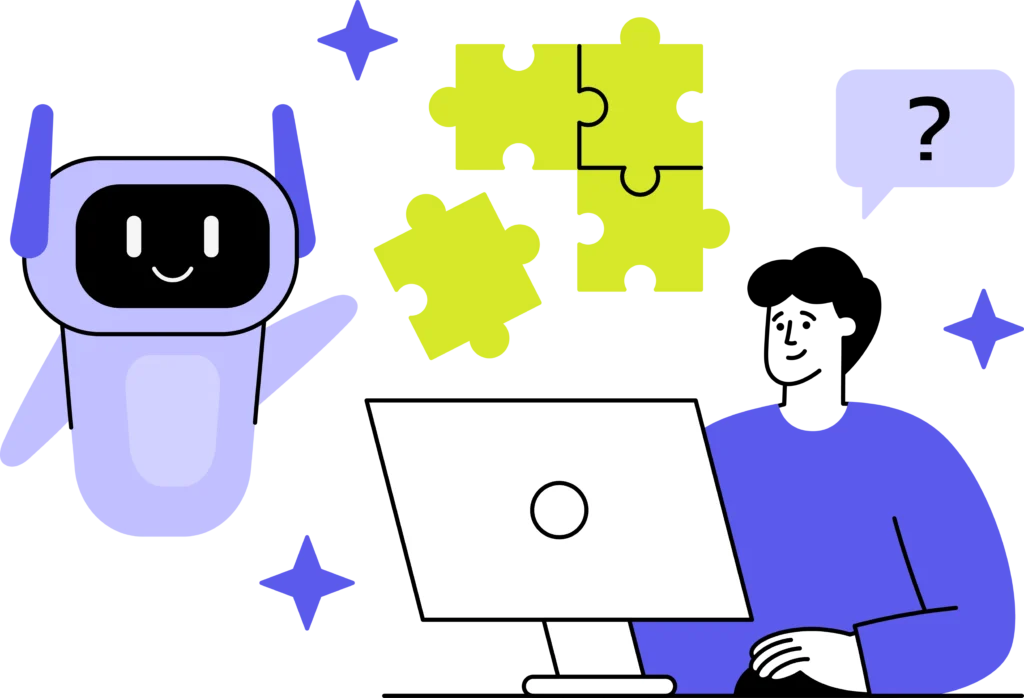Explore the Best of AI & Technology with Prime5Picks
From tools to future predictions, we bring you the latest updates, reviews, and insights on groundbreaking technologies.

Latest Posts
Extract SEO Data in Google Sheets:Title, Meta Description is crucial for improving your SERP....

